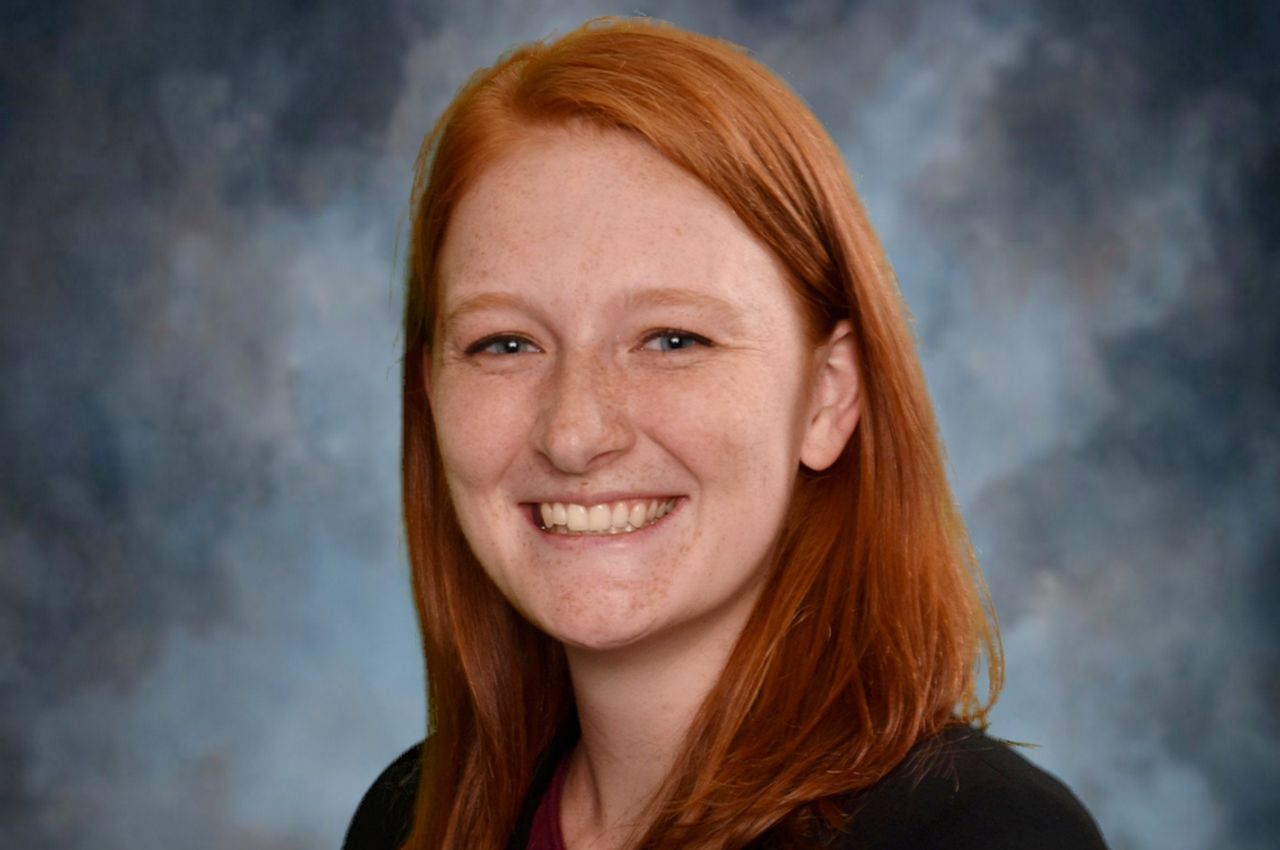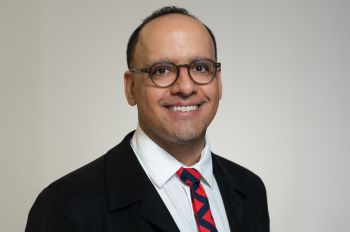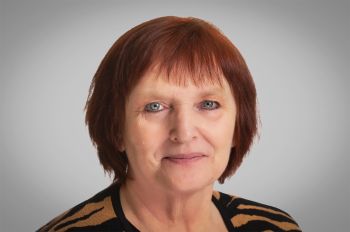Representation Matters: Chicago-Kent Student Earns Donald W. Banner Diversity Fellowship

There are more patent lawyers named Michael in the United States than there are patent lawyers who are women of color, according to the American Bar Association.
Mary Kate Nowak ’24 wants to help change that.
Nowak received the 2023 Donald W. Banner Diversity Fellowship, which was “created to strengthen diversity and inclusion in intellectual property law,” according to Banner Witcoff, the Chicago-based law firm sponsoring the award. The fellowship provides $5,000 for law school tuition or expenses. Recipients also participate in the firm’s summer associate program. The fellowship is named for the firm’s founding partner.
Nowak began her career as a mechanical engineer, earning her B.S. degree at the University of Illinois at Urbana-Champaign. She enjoyed her program there and felt supported, but was always aware of an imbalance.
“Every so often, I would take a look around and realize I’m the only woman in my entire classroom,” she recalls. “I wouldn’t say it’s intimidating, but it makes me very passionate about increasing diversity in STEM because I want there to be more representation.”
The STEM field has historically been dominated by men. While many, such as the biological sciences, have begun to achieve gender parity, others, such as mechanical engineering, remain imbalanced along gender lines.
In 2021, only 9 percent of mechanical engineers in the country were female.
Nowak’s new field isn’t faring much better. Men outnumber women in equity partner positions nearly five to one in law firms in general across the nation. Women make up 21.8 percent of U.S. Patent and Trademark Office (USPTO) registered attorneys and agents.
“As patent attorneys, we’re representing clients who are inventors in the field,” says Nowak. “I feel that if we’re trying to promote diversity and inclusion in STEM, we can’t just be pushing for more women in STEM, there has to also be that same representation in patent law.”
“There’s been an increase in the number of women earning degrees in recent years, but we haven’t seen that same increase in female inventorship,” Nowak continues. “It’s a much larger issue than just increasing numbers. That’s great, but we need to do more.”
The patent bar exam requires a hard science background, meaning that the imbalances in the STEM field begin before students even make it to law school. Nowak hopes that she can help blaze the trail for the next generation.
“I feel like for a lot of young girls who might be suited to engineering, having representation is really important for them to see that this is a potential career for them,” she says. “Once I’m a lawyer, I would love to teach as an adjunct professor. Studies have actually shown that students who had exposure to female engineering professors exhibited a lessened amount of implicit bias.”
Nowak is currently working at Banner Witcoff as a summer associate. She hopes that by pursuing her dream, she can open the door for other women to succeed.
“I read a book recently about gender bias in the patent law system and how it might be leading to lower female inventorship rates,” Nowak says. “Once women are in STEM, they face bias in the industry, and they don’t stay. It’s not just about getting women into STEM, it’s about keeping them there. It’s been shown that diverse environments tend to have a positive impact on challenging implicit biases, so I think one way to tackle that bias is to increase representation.”
Donald W. Banner was a former U.S. commissioner of patents and trademarks, chairman of the ABA Section of Intellectual Property Law, president of the American Intellectual Property Law Association, a founding member of the Association of Corporate Patent Counsel, president of the International Patent and Trademark Association, co-founder and president of the Intellectual Property Owners Association, and director of the John Marshall Law School Center for Intellectual Property Law.
Photo provided



